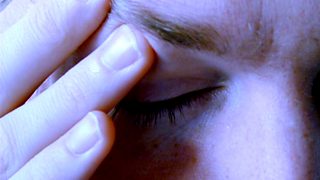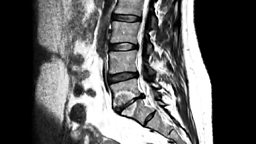Could botox treat migraines?
Surgeon Gabriel Weston suffers from migraines – along with about 8 million other people in the UK. They are a complex and not fully-understood phenomenon – but recently a new treatment for them has been discovered by chance, which not only offers hope for thousands of sufferers, but also sheds more light on what causes migraines in the first place.
There is a genetic component to migraines, and people who have the genetic predisposition to them can suffer sensitive periods, when migraines are more likely.

Most people think of migraines as being headaches triggered by certain foods, drinks or lights and sounds. Migraines are far more than just headaches, though – they can cause a whole range of unusual sensory experiences for sufferers, and it seems that these are caused by too many sensory experiences – such a strong flavours, bright lights or loud noises – overloading the sensory system during a sensitive period.
For years migraines were just treated with drugs, but then, by chance, people having botox (Botulinum toxin) injections for cosmetic purposes reported that it seemed to affect their migraines too. Research trials then confirmed it – botox can help reduce chronic migraines. Sufferers have to have 31 botox injections, which will hopefully give them some benefit within days or weeks.
It’s not entirely clear yet exactly how this works. Botox stops nerves from carrying information – in cosmetic treatment it stops nerves sending information to the facial muscles, minimising facial expressions such as frowning. It now seems that it may also be stopping nerves sending information TO the brain, and it seems that sensory information from the skin and muscles in the face, neck and scalp can be important in causing migraines. Stop these, and you help decrease the chances of triggering one. This new discovery is now helping researchers understand what causes migraines in the first place.
Botox was approved as a treatment for migraines on the NHS in 2012.



























